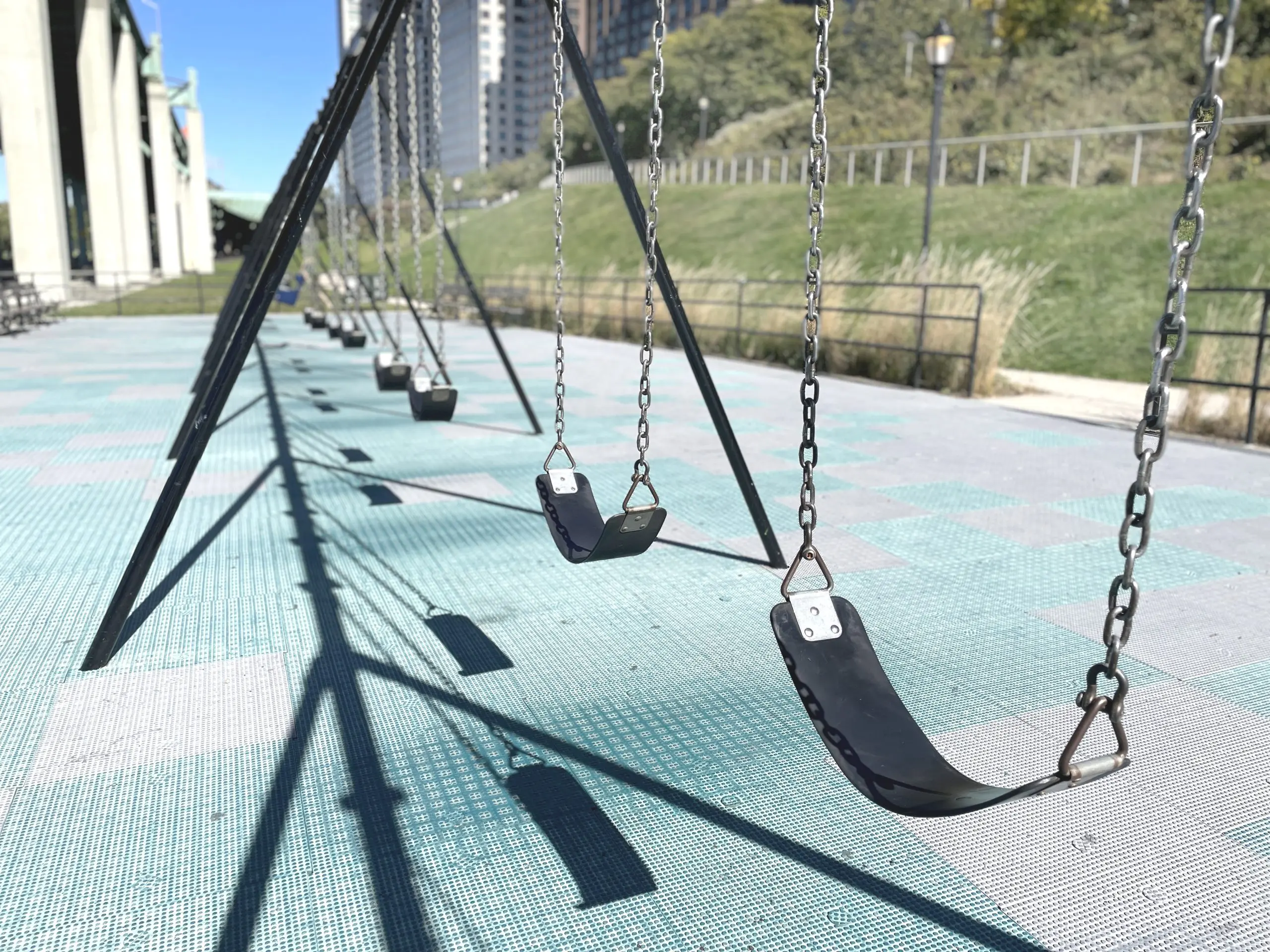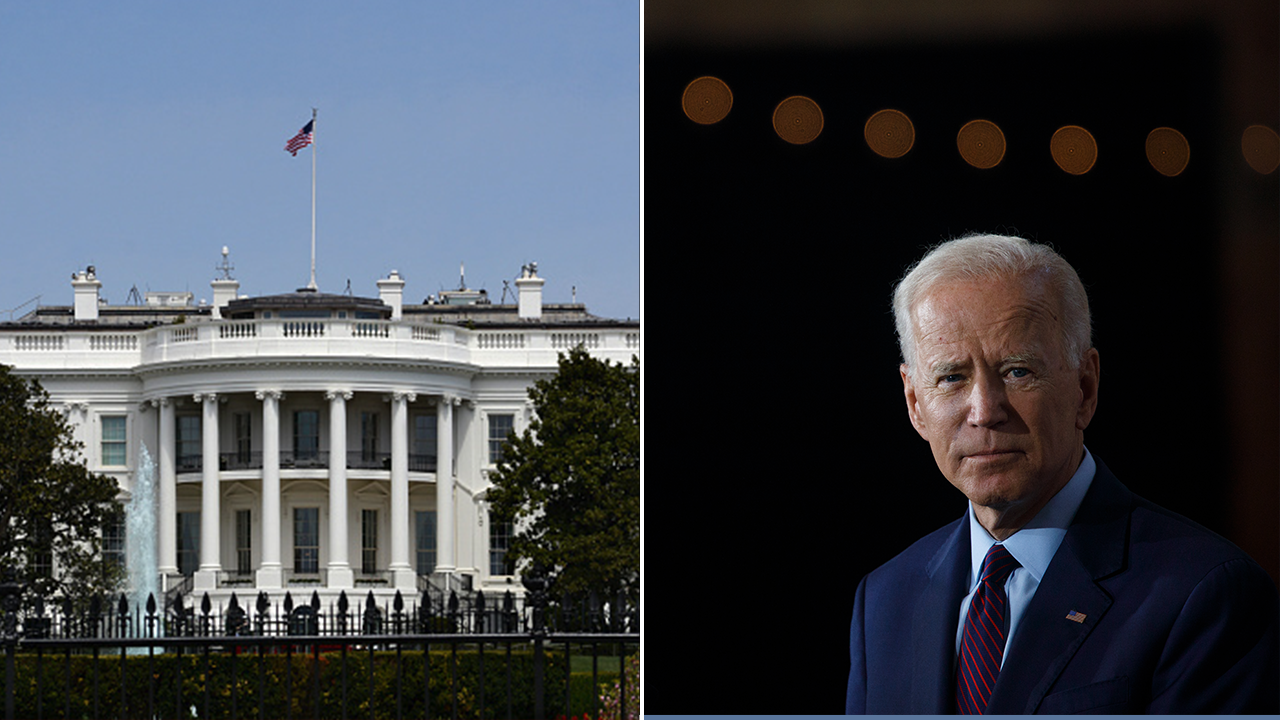Welcome to Foreign Policy’s China Brief.
The highlights this week: China’s Olympic medal count faces criticism as athletes revisit doping allegations, examining presumptive Democratic vice presidential nominee Tim Walz’s long-standing ties to China, and China’s stock market remains largely unaffected by sharp global losses.
Sign up to receive China Brief in your inbox every Tuesday.
Sign up to receive China Brief in your inbox every Tuesday.
As usual, China has put in a strong Olympic performance at the Paris Summer Games, where it is currently in second in both the gold and overall medal count. However, ongoing skepticism in the wake of doping allegations against the Chinese swimming team has somewhat marred this success. In 2021, 23 Chinese swimmers failed a drug test, a story that went unreported until this year; a smaller group failed tests in 2022.
Although an internal investigation conducted by Chinese sporting authorities unsurprisingly cleared the athletes at the time, other competitors remain unconvinced. There is widespread skepticism among athletes and sports commentators about the conduct of the World Anti-Doping Agency (WADA), the global body that handles drug testing and has defended the Chinese position. (The Chinese team has strongly denied the accusations.)
Among the athletes who criticized the Chinese side, British swimmer Adam Peaty questioned the validity of the Chinese swimming victories in Paris, while former U.S. swimmer Michael Phelps called for lifetime bans on any athletes caught doping. Such attitudes seem to have spilled over behind the scenes; young Chinese swimmer Pan Zhanle’s record-breaking performance in the men’s 100-meter freestyle event has attracted particular skepticism among other athletes.
Swimming has enjoyed a special status for decades in China, in part thanks to Mao Zedong’s own affection for the sport. To the Chinese public, such criticism looks like slander by resentful foreigners about the heroism of Chinese athletes. Nationalist commentators have accused U.S. politicians of “picking on” Chinese athletes, referring to a bill introduced for WADA reform, and claimed that anti-doping efforts were “imperialism.”
One popular social media comment declared China’s gold medals “squeaky clean,” adding, “We won them with our competence.”
A wave of angry posters has flooded the accounts of athletes criticizing the Chinese team. Meanwhile, anti-Western Russian cartoons—created after the country’s own massive doping scandal in 2019—have found a new life on Chinese social media. The Chinese scandal is not as clear-cut as the Russian case was: The Chinese investigation found that the athletes had failed tests, sometimes multiple times, allegedly due to contaminated food.
That finding has raised tough questions, but it can happen—as in the case of U.S. sprinter Erriyon Knighton this year. The issue is with the sheer numbers on the Chinese side, which WADA attributes to one incident in which 23 swimmers ate tainted meat. Three of the swimmers had previously failed tests for clenbuterol, another banned substance. (As I discussed on a podcast this week, contaminated meat is common in China, and clenbuterol was widely fed to pigs.)
Meanwhile in Paris, the usual clashes between China and Taiwan also emerged as their Olympic teams competed in numerous sports, including a Taiwanese badminton victory that was immediately cut from Chinese coverage. Taiwan competes as “Chinese Taipei” at the Olympics; Olympic staff enforce an unwritten ban on the actual Taiwanese flag.
Taiwanese fans have also come out to defend female boxer Lin Yu-ting, who faced online hate—along with Algerian boxer Imane Khelif—after it emerged that she was disqualified from last year’s world championships for allegedly failing a sex eligibility test. (The Russian-controlled International Boxing Association has refused to reveal details about the test.) Lin is well known in Taiwan, and she learned boxing to defend her mother from domestic violence.
Tim Walz’s China ties. U.S. Vice President Kamala Harris’s newly announced running mate, Minnesota Gov. Tim Walz, has long-standing ties to China—where he spent a year teaching U.S. history, literature, and English from 1989 to 1990. Walz was among the first group of American teachers to travel to China after the Tiananmen Square massacre, later saying that he felt it was important to “make sure that story was told” and that Chinese people knew that “we were standing there … with them.”
Upon returning from China, Walz told a newspaper, “If they [the Chinese people] had the proper leadership, there are no limits on what they could accomplish. They are such kind, generous, capable people.” He and his wife set up a company to help U.S. students make summer trips to China, traveling there themselves almost every year until 2003.
This experience doesn’t mean that Walz is soft on Beijing: When he was a U.S. representative, he served on the Congressional-Executive Commission on China, sponsored numerous bills on human rights in China, and met with the Dalai Lama. If Harris wins, it’s possible that Walz could be something of an ambassador to China. If Beijing is feeling friendly, it may lean on the angle of him being an “old friend.”
In practice, however, such friendly ties mean little when it comes to working the Chinese side.
Beidaihe retreat. As is custom, China’s political leadership has likely begun a sun-soaked two-week retreat in the northern resort town of Beidaihe. The event is unofficial and secretive; it probably began late last week, set to wrap up in mid-August. It is effectively an opportunity for officials to scheme and schmooze ahead of a busy formal political calendar in October.
Beijing’s summer is sweltering, and the northern coast is a welcome break. But the simmering discontent with Chinese President Xi Jinping’s record since 2020, especially on the economy, may make for some fraught conversations.
China’s stock market isolation. Amid a chaotic Monday in the global stock market, China’s market remained largely unaffected by sharp losses. The country’s relatively unimportant stock market—which is heavily propped up by government action—is increasingly isolated from the rest of the world. Chinese authorities recently halted the publication of daily global stock flows as investors poured out of China and numbers grew dire.
But China may have dodged a couple bullets: The country has taken a strong stance against cryptocurrency, and it has invested less in artificial intelligence than those in the West. With AI stocks undergoing a significant correction, crypto suffering its usual volatility, and Western AI firms set to lose billions of dollars this year, China’s focus on practical technologies over Silicon Valley storytelling could pay off.
Chip stockpiles. The U.S. regulatory grip on chip manufacturing and technology exchanges continues to tighten, and Chinese firms are settling in for the possibility of a long, cold winter. Chinese companies have been buying up high-end chips while it’s still possible, hoping to create reserves that might last them.
Chinese firms also may be anticipating a change in policy under a potential Republican administration come November. Former U.S. President Donald Trump has shown considerable malleability on China issues, such as his flip-flop on TikTok. Harris’s foreign-policy team may also create lobbying space, although there is no sign where she might land on sanctions.
Chinese thinkers often decry the country’s turn toward materialism in the last few decades, but it’s an old theme. Here, Tang polymath Liu Zongyuan (773-819) observes insects and considers the dangers of greed and ambition.—Brendan O’Kane, translator
The Lug-BugBy Liu Zongyuan
The lug-bug is a small insect named for its habit of picking up anything it comes across and carrying it away on its back, undeterred by weight or awkwardness. The lug-bug’s rough back keeps the things it piles there from slipping off, so from time to time the bug simply collapses under their weight. If a sympathetic human tries to remove its burden, the lug-bug will retrieve it the moment it gets back up.
High places, too, are irresistible to the bug, which climbs and climbs until it drops to the ground, dead of exhaustion.
And today there are people so addicted to acquisition that they never pass up an opportunity to expand their holdings and enrich their homes, fearing only—for they do not understand that these things are encumbrances—that they might not get enough. When at last their reach exceeds their grasp, they bring misery upon themselves in the form of dismissal or banishment, but if they manage to rise again, they will not desist.
Even if they reflect on the bad ends of those who followed the same path, these people will make no change and take no lesson. They may have vastly larger bodies and bear the name “man,” but they have the wisdom of a small insect and are no less pitiable.
The post China’s Swimming Victories Marred by Criticism appeared first on Foreign Policy.



















